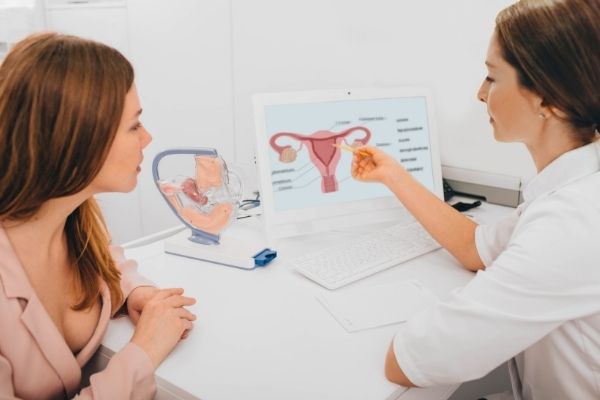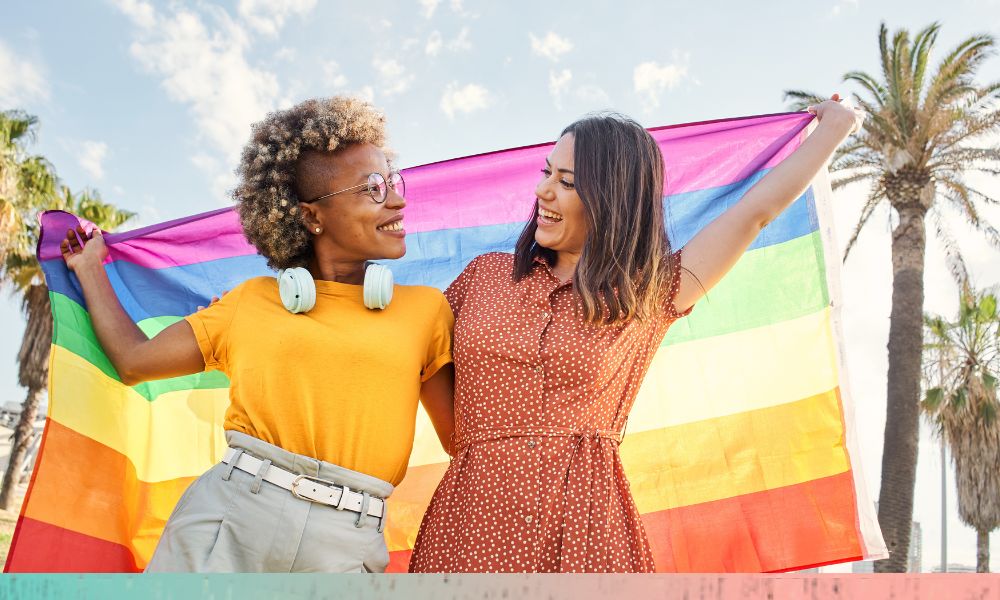The role of obstetricians and gynecologists in LGBTQ+ healthcare is crucial. These medical professionals, like those who specialize in skin tightening san antonio, offer unique expertise. They understand the body’s nuances and complexities. Their role in the health journey of LGBTQ+ individuals is multi-faceted and impactful. This blog post will highlight their contributions, dispel common misconceptions, and chart the way forward.
A Deeper Understanding
Obstetricians and gynecologists provide healthcare that is often vital for the LGBTQ+ community. It goes beyond routine care. It’s about understanding specific health issues. It’s about providing a safe and welcoming environment. Importantly, it’s about respect and dignity.
Misconceptions and Barriers
There are misconceptions about LGBTQ+ health needs. One myth is that they do not need routine screenings. This is a dangerous belief. All people need routine health check-ups. Another barrier is stigma. Fear of discrimination can deter people from seeking care. We need to address these misconceptions and barriers.
Contributions of Obstetricians and Gynecologists
These medical professionals play a vital role. They provide routine care. They offer counselling. They guide people through hormonal treatments. They help with fertility issues. They support individuals during gender transition.

Charting the Way Forward
More education is needed. Medical professionals should learn about LGBTQ+ health needs. People in the community should know their rights. Healthcare systems should be inclusive. It’s not just about policies. It’s about attitudes.
Comparison Table: LGBTQ+ Health Needs and Common Healthcare Services
| LGBTQ+ Health Needs | Common Healthcare Services |
| Routine screenings | Physical check-ups |
| Hormonal treatments | Endocrinology services |
| Fertility issues | Reproductive health services |
| Gender transition support | Transition-related care |
In conclusion, Obstetricians and Gynecologists have a crucial role in LGBTQ+ healthcare. They offer vital services. They break down barriers. They dispel misconceptions. Above all, they make healthcare inclusive.

